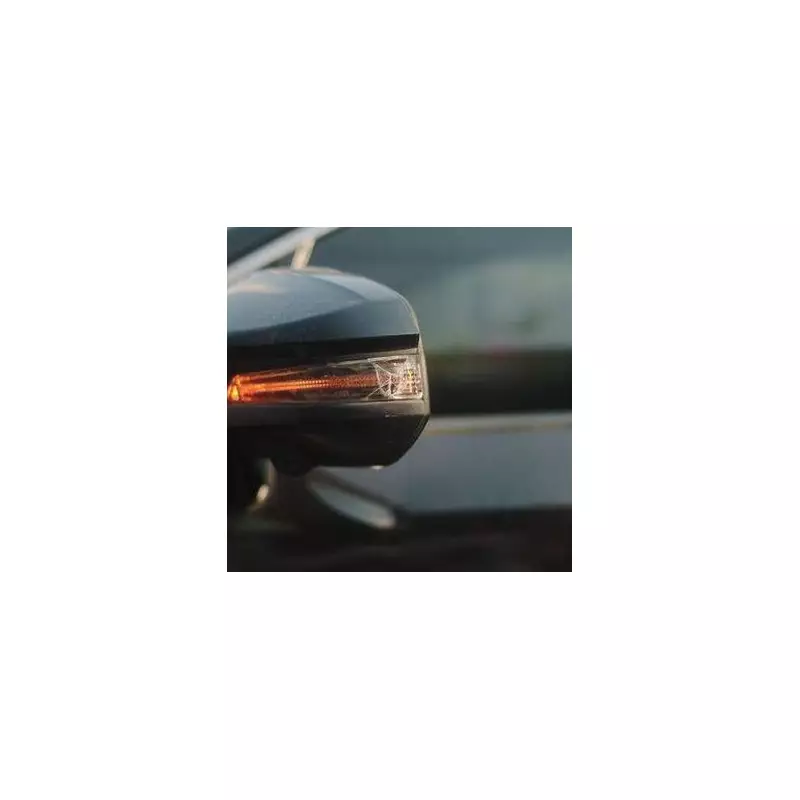
British drivers of large SUVs could soon be facing a hefty new 'polluter penalty' as part of radical government plans to clean up the country's air.
Under new proposals being considered by ministers, owners of heavier, more polluting vehicles would be hit with substantially higher parking permits and taxes. The move specifically targets popular SUV models that have become a common sight on UK roads.
The Green Levy Breakdown
The proposed scheme would implement a tiered charging system based on a vehicle's emissions and weight. Heavier petrol and diesel vehicles – particularly SUVs – would fall into the most expensive brackets, potentially adding hundreds of pounds to annual motoring costs.
Official analysis reveals the startling environmental impact of these vehicles: a large SUV produces approximately 25% more carbon dioxide emissions than a standard hatchback. With SUV ownership soaring in recent years, their collective environmental impact has become impossible to ignore.
Why Target SUVs?
Transport experts point to several concerning trends driving the proposed measures:
- SUV sales have surged by 40% over the past five years
- Heavier vehicles cause more road wear and generate higher particulate pollution from tyre and brake wear
- Many SUVs are used primarily for urban school runs and shopping trips
- The average SUV emits over 160g of CO2 per kilometre
"We're seeing these enormous vehicles being used for the school run or popping to the shops," explained one transport policy expert. "Their environmental impact is completely disproportionate to their actual usage."
The Electric Vehicle Incentive
The proposals also include significant incentives for switching to electric vehicles. EV owners would benefit from:
- Substantially reduced parking permit costs
- Exemption from the new weight-based charges
- Priority parking in some areas
- Reduced congestion zone charges
This dual approach of penalising high-emission vehicles while rewarding electric adoption forms the cornerstone of the government's updated transport strategy.
Public Reaction and Implementation
While environmental groups have welcomed the proposals, some motoring organisations have expressed concerns about fairness and implementation. The AA has warned that the measures could disproportionately affect families and those in rural areas where larger vehicles are often necessary.
If approved, local authorities would be empowered to implement the new charging structures from 2025, with national rollout expected by 2027. The revenue generated would be reinvested in public transport and cycling infrastructure improvements.
For millions of British SUV owners, the era of guilt-free school runs may be coming to an abrupt end.





